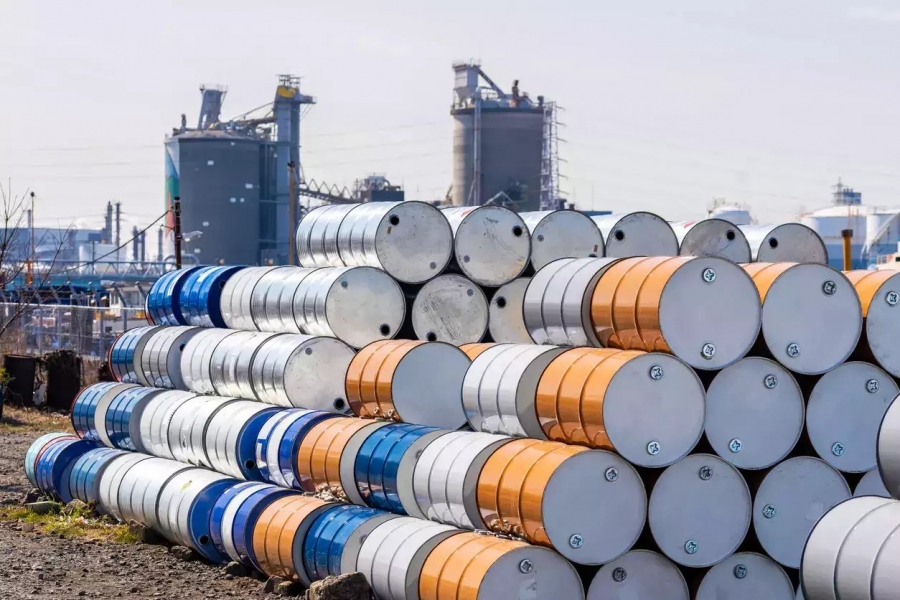Kazakhstan, one of the world’s largest oil exporters, has revealed its plans to halt the export of oil products for a four-month period.
The statement issued by the Kazakh State Revenue Committee on February 8 stated that the order will come into effect 10 calendar days after the announcement.
“The ban applies to gasoline, diesel fuel, and other petroleum products with the exception of lubricants,” Interfax reported, citing the statement.
With the export ban, the country aims to protect its own domestic energy supply and to ensure that the citizens of Kazakhstan are not deprived of the energy they needed to survive.
The move extends a similar ban on oil products, which was introduced in November 2021 and later expired on May 21, 2022, a time when the country was struggling with a shortage of motor fuels.
Kazakhstan is the ninth-largest crude oil exporter globally. The country holds three percent of the world’s total oil reserves, and it is the third-largest oil producer in the Caspian region, after Russia and Iran, but has a lack of direct access to the ocean. Kazakhstan doesn’t have a pipeline to export Kazakh gas to the EU. Novorossiysk on the Black Sea is the main route to export oil from the world's largest landlocked country.
With over 70 percent of its oil exports going to the EU, Kazakhstan is already the third-largest non-OPEC supplier of the bloc, which is considered one of the most prolific markets for energy exporters, given its lack of domestic resources.
The country entered the global oil market in 1993 after the country’s government and Chevron agreed to establish a giant oil-production venture, Tengizchevroil, to produce oil in two big fields near the Caspian Sea. In 1997, Kazakhstan signed a production-sharing agreement with seven international companies, including Agip, British Gas, BP, Mobil, Shell, Statoil, and Total.
The ban in Kazakhstan came days after the EU embargo on imports of Russian fuels and the price cap on diesel and other products came into effect. On February 5, the G7+ Coalition and all EU Member States adopted further price caps for Russian seaborne crude in a bid to both deprive Moscow of a major revenue stream and curb surging global energy prices.
The embargo has been coupled with price caps for deliveries to third nations, agreed upon with the G7 in the same way that the EU and the G7 coordinated the price cap on Russian crude last year.
So far, two price caps have been established for Russian petroleum products: one for "premium-to-crude" petroleum goods like diesel, kerosene, and gasoline, and the other for "discount-to-crude" petroleum products like fuel oil and naphtha. The first price cap was set at $100 per barrel, while the second was set at $45 per barrel.
Under the deal, EU and G7 countries will ban banks from financing the purchase and sale of Russian oil, insurance companies from insuring shipments, and ports from unloading oil transported by tankers if it is traded at a higher price than that fixed by the European Union.
The European Union's price cap was sharply criticized by Russia. In early February, Moscow imposed a ban on the sale of oil to states and entities that support the price cap imposed on Russian oil. With the exception of situations that require special permission from the president, the ban will be in effect for five months. The move also prohibits purchasing raw materials from Russia, even through intermediary countries or supply chains.




















